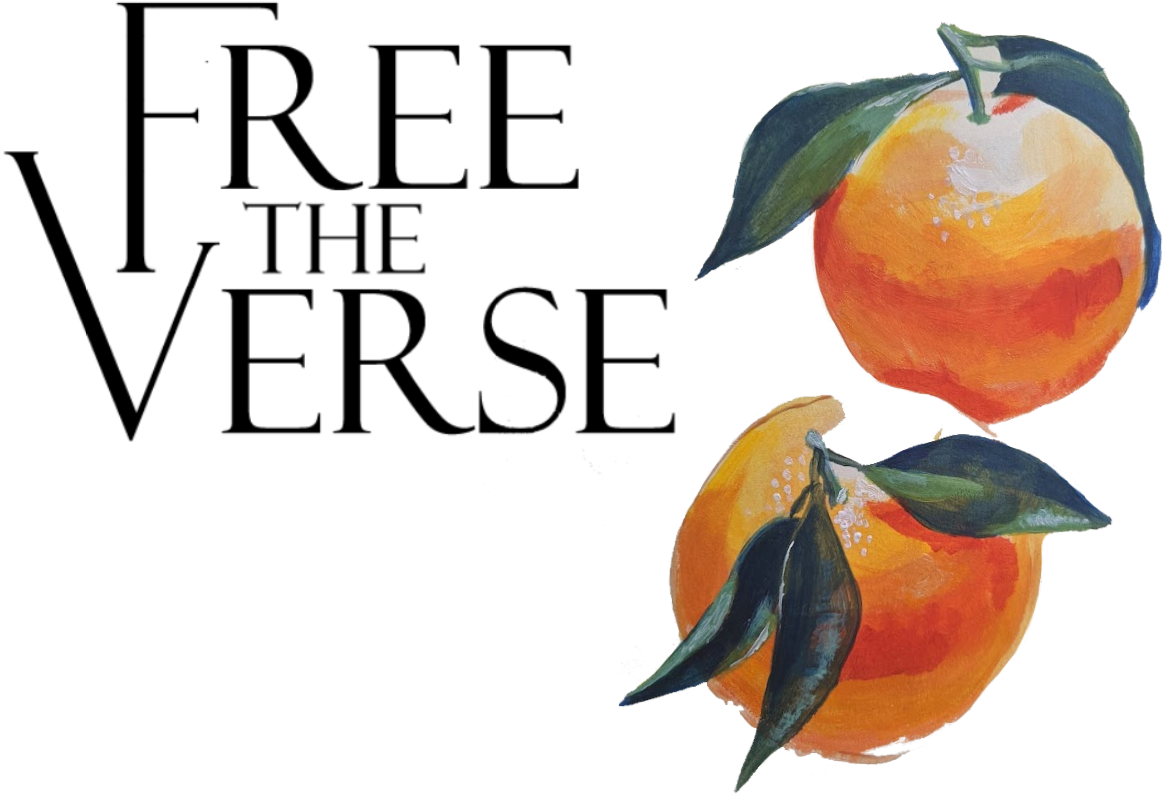Chi on ‘What moves you?’
CHI (she/they) is a multidisciplinary artist who currently studies Drama and Theatre in London South Bank University.
Her work thus far heavily draws on her experience of being a working-class woman of colour. She uses materials and equipment that immediately surround her to express social disparity, as well as moments of harmony.
What was the last thing that made you smile?
My uncle calling me from his windowless office to ask if the weather was nice – it’s a gorgeous day. On his way home he will know that.
Where did your poetry journey begin?
I’ve always journaled, and I’ve always been particular about my word choices, so poetry found its home between the ink and paper of my diaries. Poetry was the language of my mind.
I do mostly think in metaphors too, so entire worlds form from a singular seed of an idea – exploring that is like starting at the end of a forest only to go through and come out the other end (sometimes).
What is a core theme of ‘What moves you?’, and what called you to write about it?
My poem was based on my mum.
She’s not only been a constant in my life, but she’s also shared a lot of her wisdom and roots with me.
Growing up mixed race, there is a murmur of contradictory and conflict in identities, but home is where it finds its own harmonious pace and rhythm. My mum in particular, not being born in the UK, really did start her own drum beat, her own marching band – this song became my comforter. Not only has that moved me, but it’s moves me and moves through me. At miraculous times it also moves with me, and those moments are the transformative ones that underpin my art.
Tell us about the experience of writing this poem.
I felt as though it was a secret! When I first read it to my mum I didn’t get through it all; through tears I just sent her the link to read it herself. It was very emotional.
I love my mum and her essence, she is deeply inspiring and so incredibly resilient. Writing about her was an honour and an ode.
Where does poetry fit into your life?
It’s in my art practise, it’s on my tongue.
It’s a form of story telling and what is life but a chapter fuelled book.
What inspires you?
I mostly always draw from my personal experiences, which aren’t always dissimilar from the community that I surround myself by.
As a person of colour, I feel a strong urge to reconnect and reroot myself in my culture, in my ancestors and in my land. I know many who feel the same way that aren’t Filipino. Bridging that gap is where I find myself most inspired.
Is there a poem you read over and over again?
Mi último adiós (English: “My Last Farewell”) is a poem by Filipino rebel José Rizal in 1896. There’s a lot of speculation about this Spanish poem but it was one of the last letters written by Rizal just before he got taken to be executed. He hid the poem in a coconut oil lamp, and hid another in a shoe (the shoe got taken away and therefore the other poem was never found). When his surviving family discovered the note, they planned on a mass distribution.
The strong patriotic poem has been a catalyst in the governing laws and freedoms of the Philippines.
Do you have a favourite poet?
Not necessarily, I do find Wong Kar Wai’s movies and scripts extremely poetic however.
What advice would you give to someone new to poetry?
Be wild. Have your poems lie around the house, pick and drop them whenever you feel to. The ones you feel most drawn to, you’d want to share. The other poems will find a different home, they may even merge to create a new combination. But be wild with your creations – be meaningful. You are a poet before you make poems, you are talented before someone says you are.
Reckless abandonment – it’s a gorgeous thing.
Why do you write poetry?
It’s a means to express myself, which really means to connect with others.
You can read Chi’s poem ‘What moves you?’ here.


